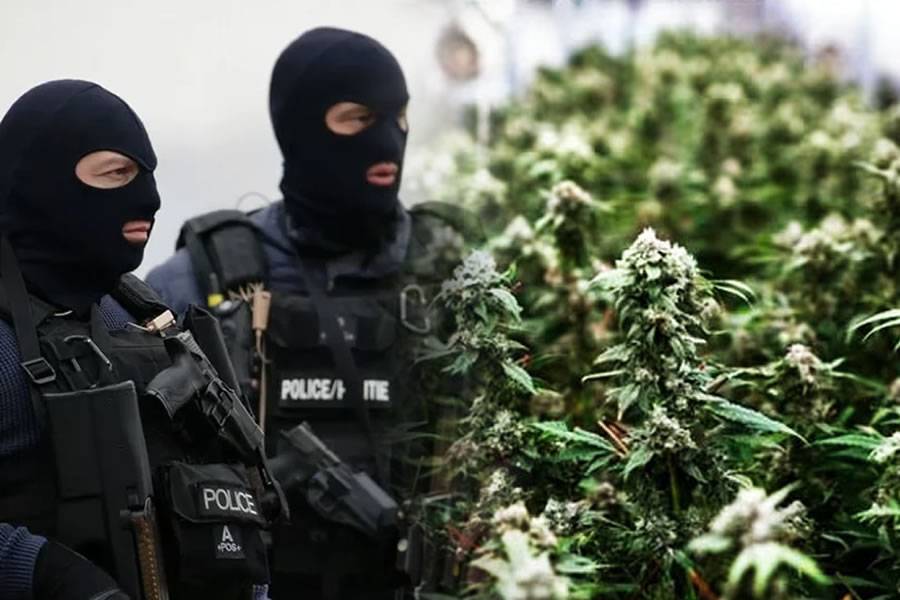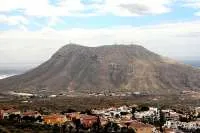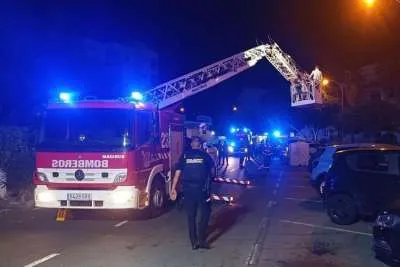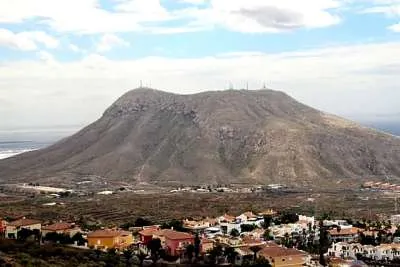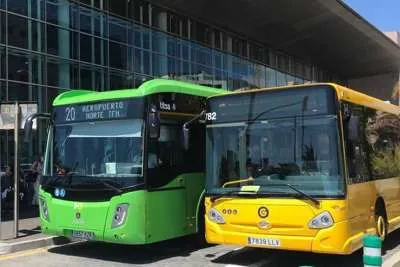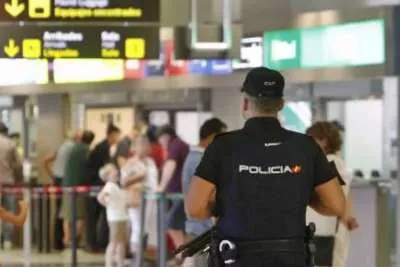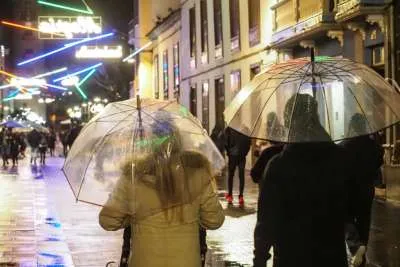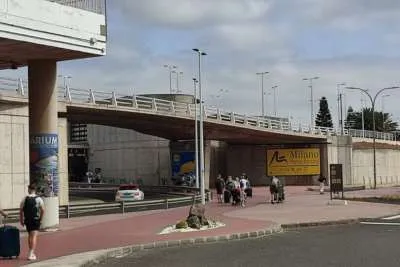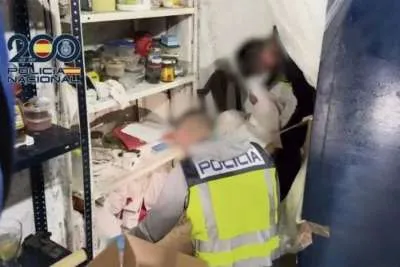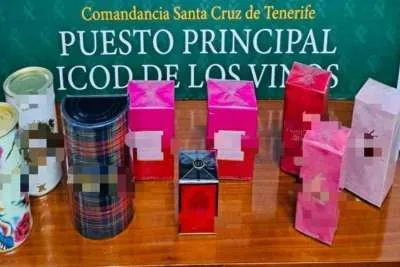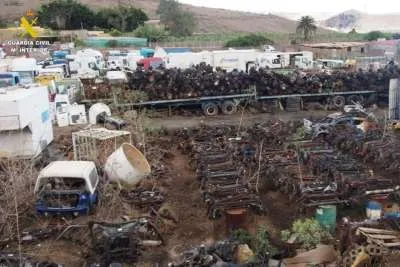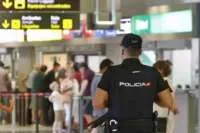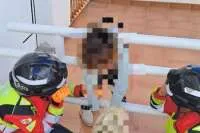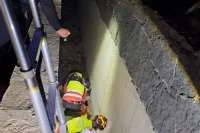Cannabis pyramid scheme scammers laundered money in Tenerife with luxury villas
- 03-06-2024
- Tenerife
- El Diario
- Photo Credit: El Diario
When the Juicy Fields cannabis pyramid scheme collapsed in July 2022, thousands of investors worldwide were left wondering about the whereabouts of those responsible for their losses totalling hundreds of millions of euros. An investigation by elDiario.es has revealed that some of these individuals, including the alleged ringleader, were hiding in Tenerife, involved in the construction of luxury villas available to buy with cryptocurrency.
An international police operation involving hundreds of officers, dubbed ‘Operation Stoner,’ led to the arrest of a dozen individuals in early April, connected to the pyramid scheme. Juicy Fields had promised investors returns of up to 120% annually by supposedly investing in medicinal cannabis plantations to be sold to major industry companies. However, as elDiario.es uncovered in May 2022, these claims were false, and the scheme collapsed two months later with the perpetrators disappearing along with the investors' money.
Europol estimates the defrauded amount at €645 million, although the actual figure might be higher since many victims have not reported their losses. Approximately 186,000 investors were affected globally, with around 1,800 claimants in Spain alone, where the case remains under judicial secrecy. The stolen amount in Spain exceeds €24 million.
Two of the detainees in 'Operation Stoner' lived in Tenerife before and after the collapse of the pyramid scheme, and sources close to Juicy Fields suggest that up to half a dozen fraudsters regrouped on the island after absconding with the funds. In fact, a video posted online showing six masked men asserting that the Juicy Fields project would resume despite the disappearance of the funds was recorded in Adeje in the south of Tenerife.
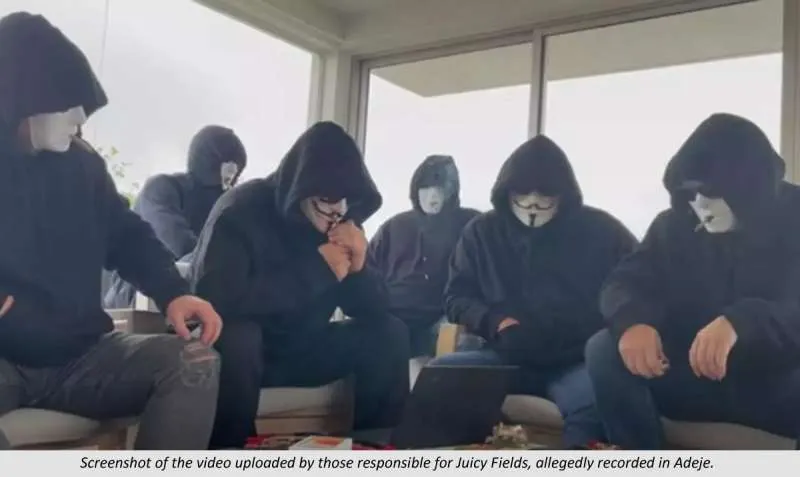
Real Estate Connections
Two of those arrested in the international operation are linked to real estate ventures in Tenerife. Sergey B., a Russian national, is considered one of the scheme's leaders by Europol. Sergey lived in Tenerife for an extended period before fleeing to the Dominican Republic, where he was intercepted by the police and is awaiting extradition to Spain.
The second detainee connected to Tenerife is Roman S., a Latvian who was closely associated with the scheme's leader. He lived a high-end lifestyle on the island, driving luxury cars. Six months before Juicy Fields collapsed, he established a real estate company in Adeje, specialising in the sale of luxury villas. In January 2024, just before his arrest, he founded a similar company in the UK. The ex-partner of Sergey, one of the alleged leaders, was also listed in the company's organisational structure.
The real estate business involved constructing new luxury villas in southern Tenerife, which were then sold for high sums, with an option for buyers to pay in cryptocurrencies. The company's latest financial statement reported €2.2 million in assets. The firm's office was searched by UDEF agents during the police operation.
Investments in Cannabis Clubs
The two detainees also invested in cannabis clubs in the Canary Islands. Multiple sources in the local cannabis sector confirmed seeing Sergey B. and Roman S. frequent these clubs in Tenerife, often arriving in luxury cars and flaunting “wads of cash” and wearing expensive clothing.
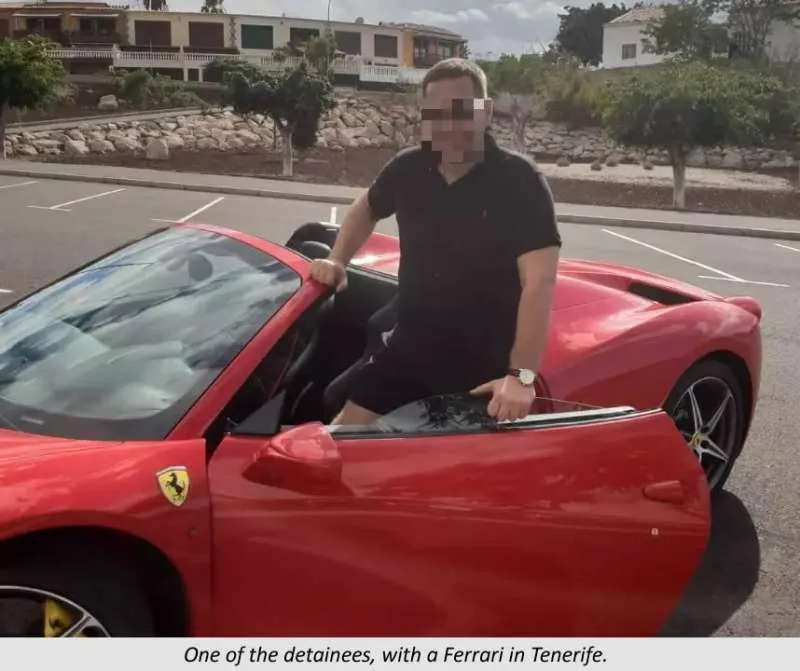
Russian Mafia Ties
When the Juicy Fields leader was arrested in the Dominican Republic, authorities found multiple 9mm pistol magazines, tens of thousands of euros in various currencies and cryptocurrencies, and numerous passports with different identities. Sergey had used various names over the past decade, including Paul Berkholtz in Juicy Fields and Mark Konwal in a previous online scam.
The earlier scheme, Reciclyx, was launched in late 2015, offering online investors the chance to buy plastic waste, which the company would allegedly convert into recycled granules, promising a 40% return in a few months. In 2017, Reciclyx's operators vanished with the investors' money, claiming a fire had destroyed their factory. The website remained active, falsely assuring investors they would recover their funds.
Investigators suspect Sergey and other scheme leaders have ties to the Russian mafia. A former Juicy Fields insider, now a whistleblower, has provided information through Swedish lawyer Lars Olofsson, who represents hundreds of claimants. The whistleblower revealed orders to assassinate a scheme member to prevent them from cooperating with German police. Refusing the order led to his expulsion from the group, and an attempt on his life soon followed, involving a car bomb that reduced his vehicle to ashes.


